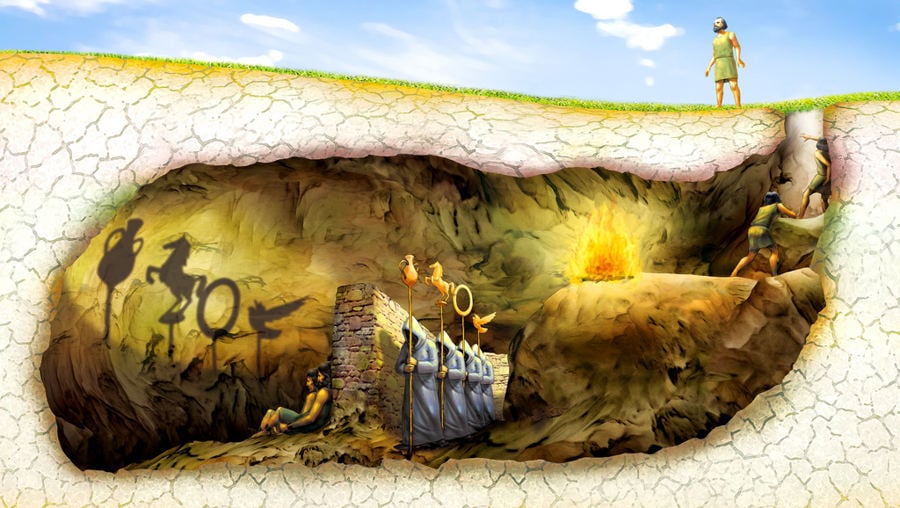
While some take a sadden viewpoint on Walt Whitman’s No Labor-Saving Machine, I see it as a positive reminder. Mr. Whitman (1819 – 1892) is primarily known for a collection of poems called Leaves of Grass. I believe there are three things at work here; first, a speaker coming forward realizes his shortcomings and openly admits to them; second, the speaker openly admits what he is able to do and what is able to leave behind. And finally, labor versus the introduction of production (machines). Judicious about his legacy, Walt Whitman’s last contribution to the world would be “Leaves of Grass”, to which he had collected a lifetime of reflections about society and himself. Whitman would only to be rediscovered and restored to the American public by a group of editors set out to gather his “vibrating carols”, after his death. These “vibrating cords” included six very different editions of Leaves of Grass, and thousands of manuscripts, letters and journalistic pieces.
To me, this screams the saying “life is too short” Life is too much to worry about the wealth you will leave behind or the patriotic actions for your country; even the book and stories to which you will write. What matters, as identify by the author, are ones nearest and closest to him/her, friends and lovers. This was Walt Whitman’s and Antoine de Saint-Exupery’s literary success. The art of simply caring for the little things. Whitman’s repetition of the word “Nor” in a list fashion almost seem to clarity the truly unimportance of what follows. “Nor literary success, nor intellect”; taken from his own life, Whiteman’s education ended with elementary school and at times he was chronically poor, but in the end he managed to work hard and soon he enjoyed the fruits of his labor, only to be rediscovered years after his own death.
The title “No labor-Saving Machine” also tells another story. Walt Whitman live in the time of exponential growth the United States. It was the time of Carnegie, Ford, Morgan, and Rockefeller; where man was being replaced by faster machines and newly innovative methods. Similarly to no labor, save the machines seems to relieve the sadden implications outlined by a few. The death of labor? The death of the American worker per se? I am skeptical. Labor-saving machines, does reduces demand for some workers but increases demand for others, more specialize. However, for the author this may be different or difficult to understand.
All in all, Walt Whitman acknowledges that there is nothing to gain from major success nor of a person to showcase their talents or materialistic items; but at the core, to do only what you think you can do even, in death, to leave behind few carols (stories), vibrating (traveling through generations) through the air (history).

